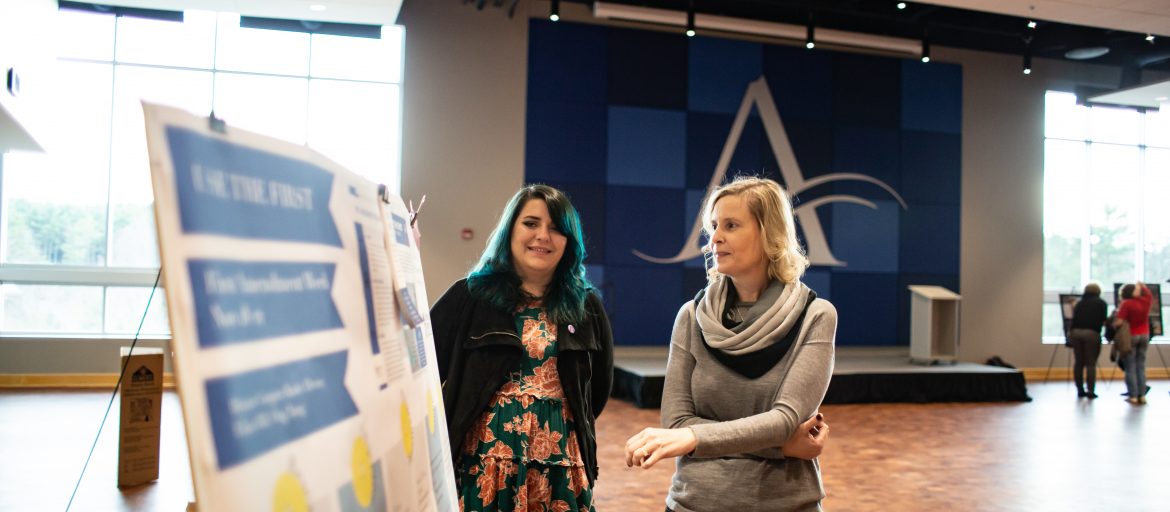Abstract
The American Presidency is increasingly considered the cornerstone of successful government. The responsibilities and power of the office are intriguing to presidential scholars and the average American alike. The legacies president’s leave are valuable because they affect the way we think about our past and the expectations we put on current presidents. Many polls have been administered to historians and other experts to attempt to rank presidential greatness. These polls, which have been made readily available in the media, provide us with a list of great presidents and presidents who were failure. But they do not provide an explanation for these rankings. All evaluations of presidential leadership must use value judgments to establish standards of comparison. By examining trends within these polls, it becomes possible to gain insight into the particular standards the respondents used in their evaluations. This paper examines reasons for the patterns observed in these polls. Using theories developed by Skowronek, Kernell, and Lowi, it tests a series of hypotheses which explain presidential success using environmental forces independent of personality. The results shed light on the issue of whether political dynamics or individual ability determines presidential success.
How to Cite
Fontaine, S. A., (2014) “Context, Opportunity, and the Potential for Presidential Greatness”, Capstone, The UNC Asheville Journal of Undergraduate Scholarship 27(1).
50
Views
108
Downloads
